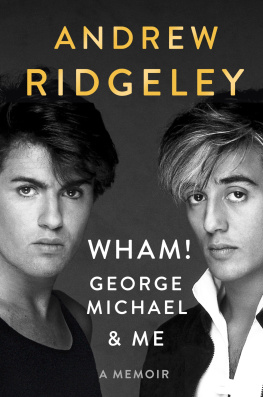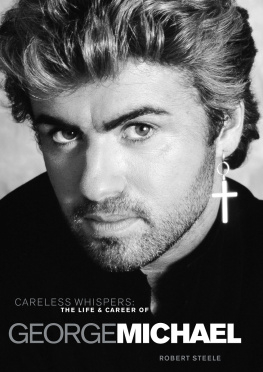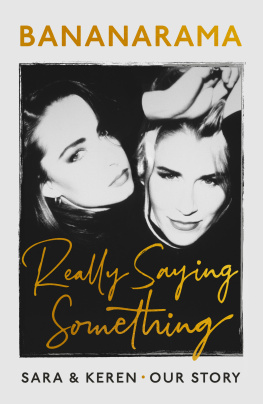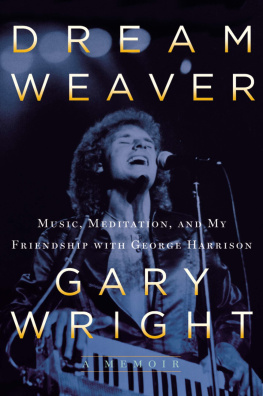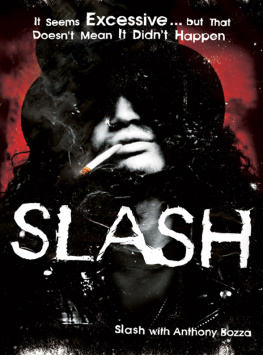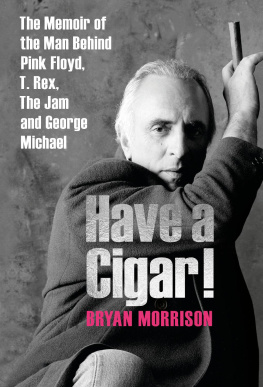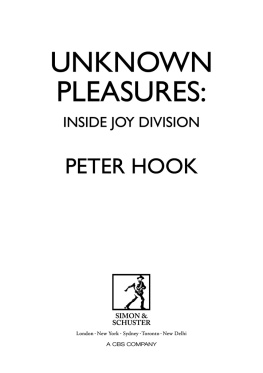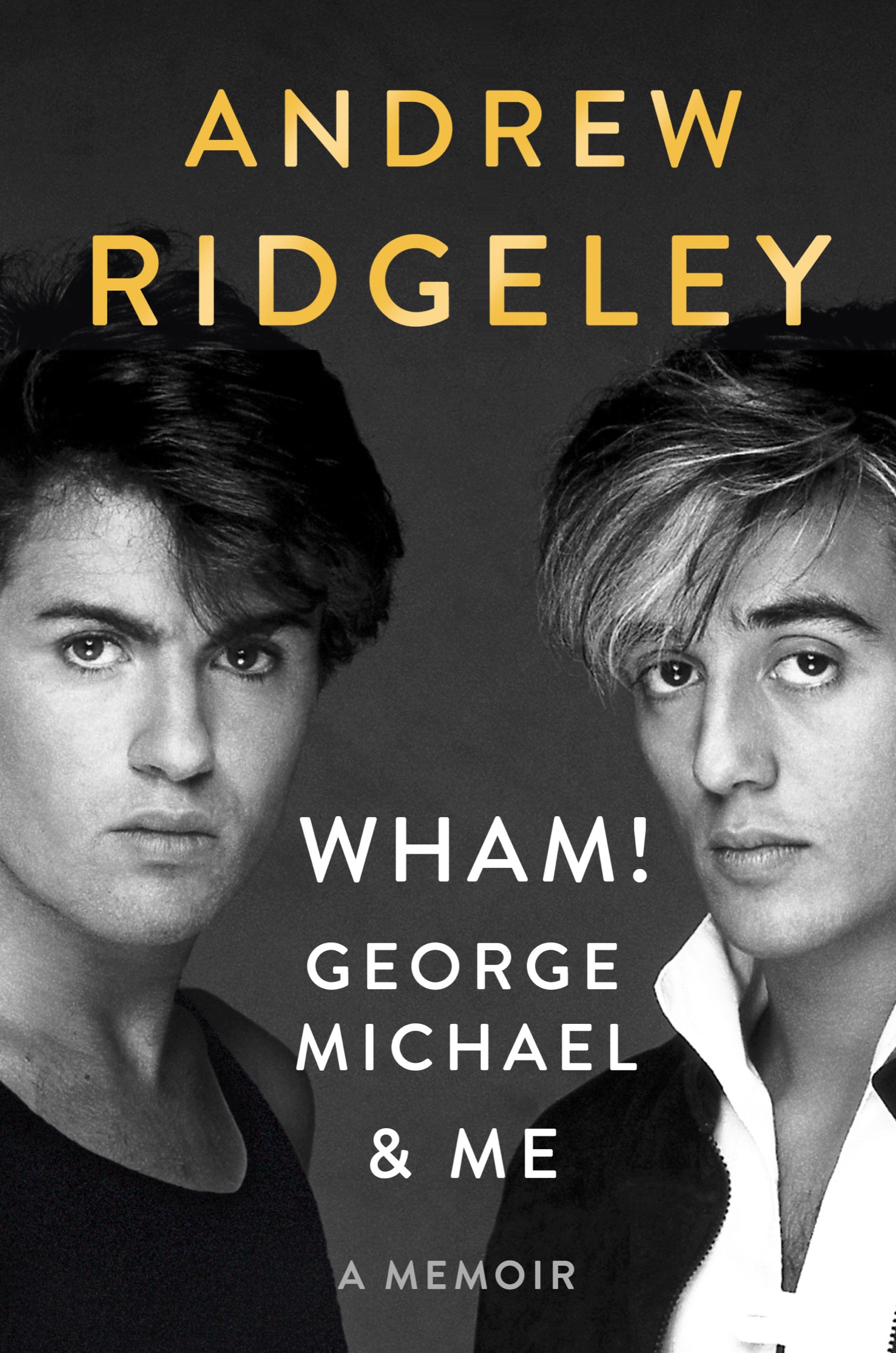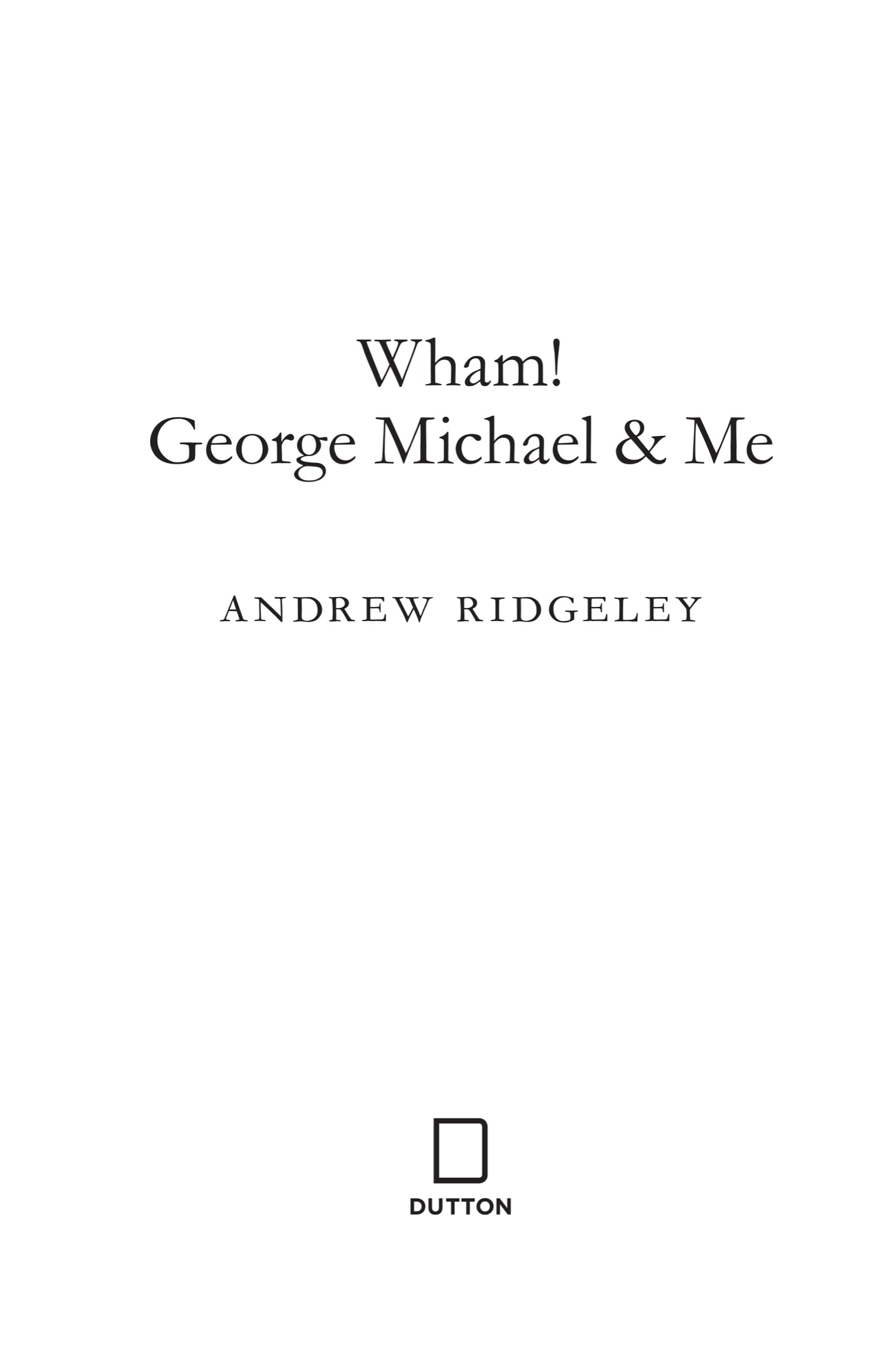Penguin supports copyright. Copyright fuels creativity, encourages diverse voices, promotes free speech, and creates a vibrant culture. Thank you for buying an authorized edition of this book and for complying with copyright laws by not reproducing, scanning, or distributing any part of it in any form without permission. You are supporting writers and allowing Penguin to continue to publish books for every reader.
DUTTON and the D colophon are registered trademarks of Penguin Random House LLC.
While the author has made every effort to provide accurate telephone numbers, internet addresses, and other contact information at the time of publication, neither the publisher nor the author assumes any responsibility for errors or for changes that occur after publication. Further, the publisher does not have any control over and does not assume any responsibility for author or third-party websites or their content.
This memoir is dedicated to the memory of my dearest friend, with whom I did the only thing I ever really wanted to do and was the only person I ever imagined doing it with.
Introduction
The Long Goodbye
Saturday, 28 June 1986
I waited for George.
I always waited for George. This time, I was standing backstage at Wembley Stadium, patiently listening for my cue to make my entrance and waiting waiting, waiting, waiting. The sun had melted below the arenas grand old twin towers and tens of thousands of people seemed to shimmer in the faraway corners of its bowl-shaped terraces. Others were pooled into a swaying, brightly coloured tide on the football pitch below. Teenage girls waved flags and home-made banners; camera flashbulbs popped as kids, couples and groups of families and friends screamed excitedly: seventy-two thousand fans drawn together at The Final, a farewell concert for Wham!, the youthful, hopeful, effervescent pop band that George and I had always intended to burn brightly, but briefly.
Four years on from the release of our first record in 1982, Wham! was still a big deal across radio, press and TV. Posters of me and George, pulled from the pages of Smash Hits and Just Seventeen magazine, had become the wallpaper for millions of teenage bedrooms, while showbiz columnists frothed over every snippet of Wham! news and gossip. But at the peak of our success, and after two studio albums and a portfolio of number 1 singles across the world, we were about to bid farewell to the very people drawn to those songs, those shows and those stories.
And all of them were waiting, waiting, waiting for the final show to begin.
I knew the routine backwards. George was onstage, walking towards the crowd, arms outstretched, striding along a catwalk that extended into Wembleys front rows. This was his moment. Dressed all in black, a blend of leather and denim, his swept-back hair offset by designer stubble, every gesture, every signal, became a call-and-response connection with the audience. George played to the crowd; they swooned. Flanked by two dancers, he moved and spun to the instrumental backdrop of Everything She Wants, the pulsing soundtrack to a showy, theatrical introduction. George loved performing this wry observation of married life, even though we had been young, single and unchained from responsibility at the time of its writing. He waved to fans in the farthest corners of Wembleys raucous party. He turned his back on the audience, pointing seductively across the stage, the microphone yet to touch his lips. George hadnt said a word, let alone sung a note, but still everybody was hanging on his next move, a sensation I knew only too well.
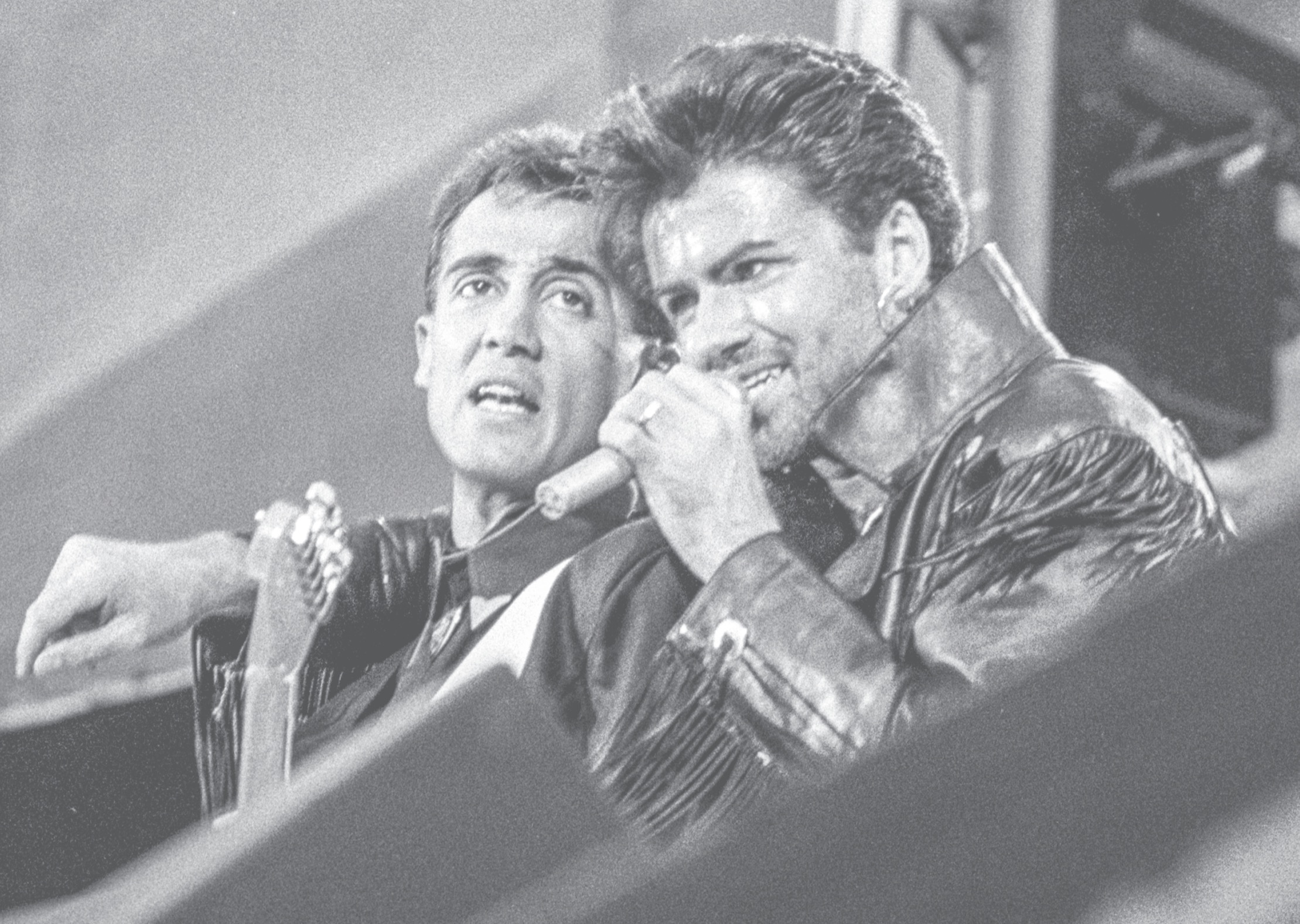
Because I had spent so long waiting for George.
Id waited for George as he endlessly readied himself for shows, teasing his hair with straighteners, sometimes for hours upon end while I recoiled at the acrid whiff of singed curls and hairspray in a ritual that appeared unnecessarily torturous. As our fame grew, Georges appearance became a very serious matter. Prior to filming the video to Careless Whisper in 1984, he even complained that his curly hair, an uncontrollable mass of wiry frizz in the humidity, made him look like Shirley Bassey. Georges sister, Mel a stylist was then flown halfway around the world, from London to Miami, where the filming was taking place, to sculpt Georges hair just the way he liked it. The bill for her flight and handiwork was reported to have been more than 10,000.
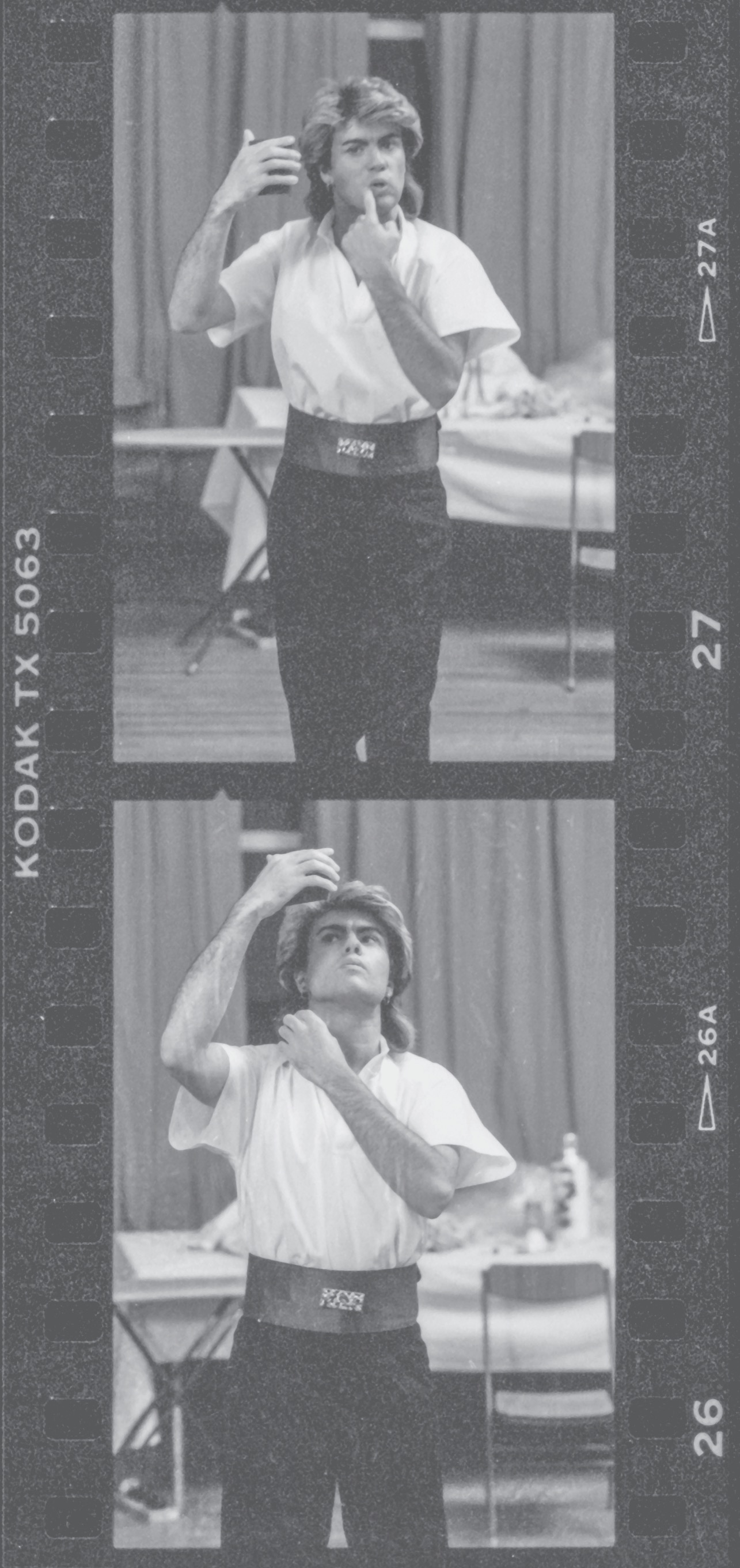
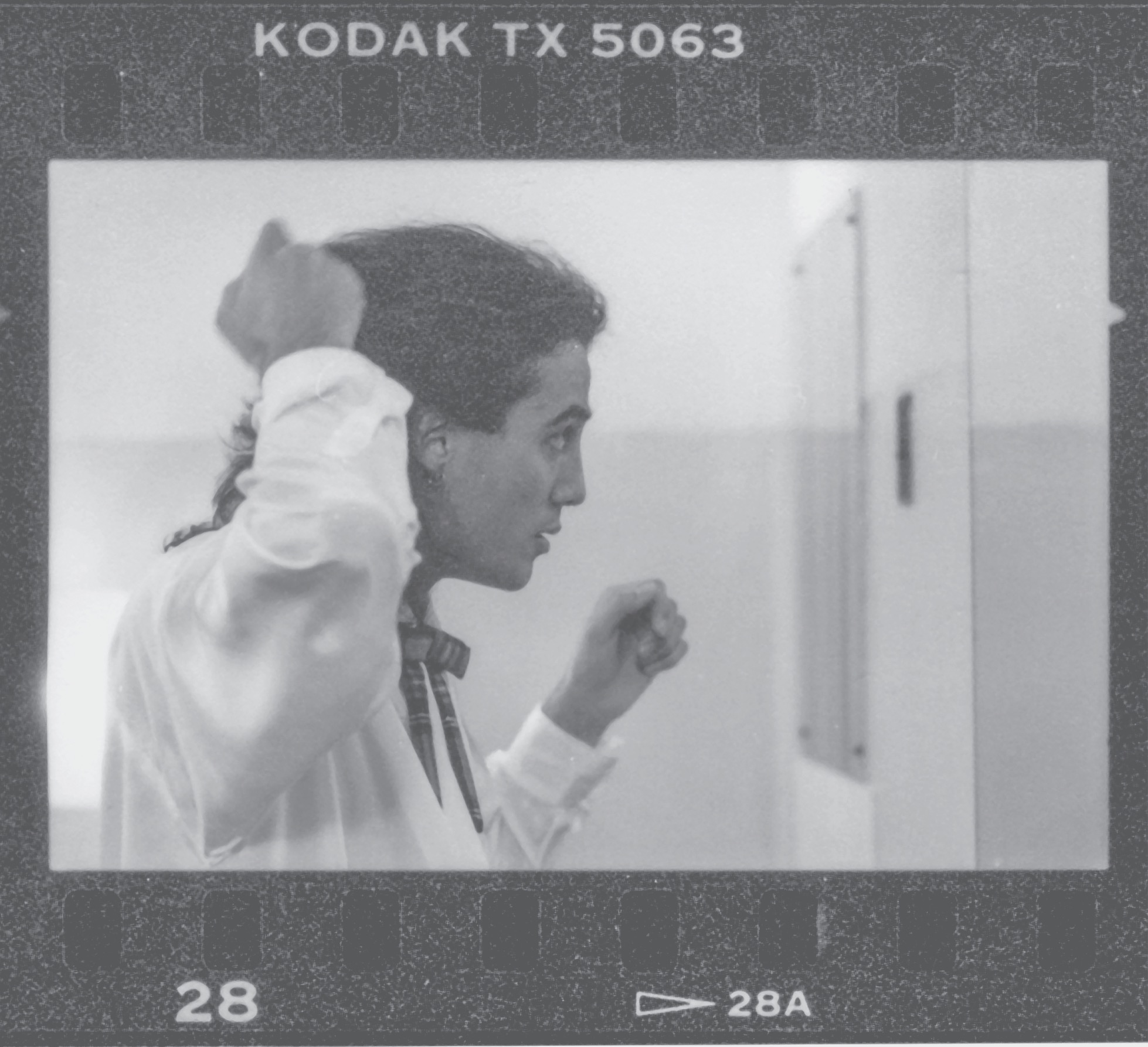
But Id also waited for George as he worked through his frequent moments of musical inspiration. In the studio a place where he toiled with an exacting attention to detail or at home, when he would suddenly disappear for hours on end after being struck by some melodic cue or vocal hook. Often it proved to be yet another spark of genius, the most memorable snapshot of this process having taken place in February 1984 as we relaxed one Sunday afternoon in his parents living room. The Big Match was on the telly but Georges mind was very much on something other than football.
Ive got to go, he said, jumping off the sofa and vanishing upstairs for over an hour.
When George returned, he was grinning proudly.
Bloody hell, Andy, he said, come upstairs, youve got to hear this... He was excited, aware that he had composed something special, having worked out the basic arrangement and melody of a song he was loosely calling Last Christmas on a four-track tape recorder a demo he would eventually craft into the heart-bruised ballad that later became the biggest Christmas single not to make it to number 1. God, that statistic annoyed him. Despite its enduring success, the failure of Last Christmas to topple the charity single by Band Aid that year a musical union comprising, among others, Bob Geldof, U2, Duran Duran, Sting, Paul Weller and George himself would irk him terribly, although he didnt begrudge the charity their success. Throughout his life, hit singles were regarded as the only affirmation of Georges songwriting prowess and not being regarded as the best by his audience, or peers, was one of his greatest sources of irritation. But as we sat in his bedroom that day, the same place where wed once analysed the Top 40 chart rundown after school as teenagers, I listened to a basic track that had been recorded on his synthesiser, its instantly memorable chorus hummed over the top, and beamed. George had captured the very heartbeat of Christmas, framing its lyrics within the pain of a broken romance.

